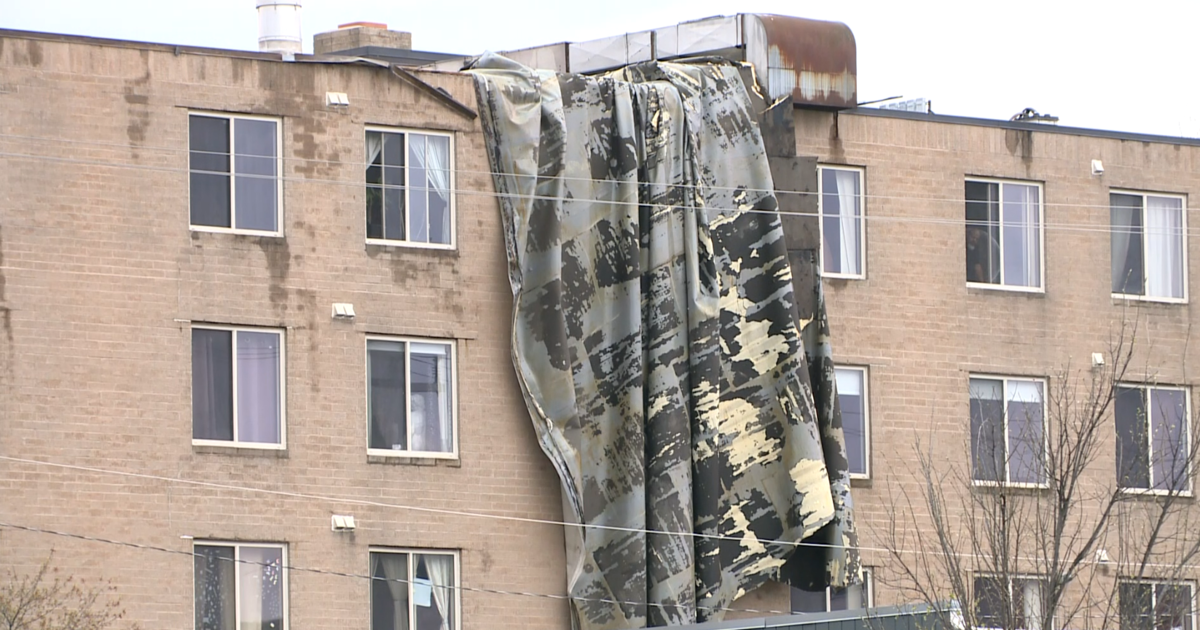ESD Exploring How To Cut Waste In Health Care
High-tech medical monitoring devices, dozens of experimental programs sponsored by federal health care reform, and the constant drives for efficiency and cost-cutting by employers are all working to reduce waste in health care.
But far more work remains to be done, according to a panel of employers, providers, payers and academics convened Thursday morning at Wayne State University by the Engineering Society of Detroit. (Yours truly was the moderator.)
Panelists like Richard J. Haller, president and COO of Walbridge, and Barbara K. Redman, dean of the Wayne State College of Nursing said a culture of efficiency must come from the top in any health care organization. And Kay Beauregard, vice president and interim chief nursing officer at Beaumont Hospital and Alina Pabin-Prusak, senior health care analyst at Blue Cross Blue Shield of Michigan, said manufacturing process improvement strategies like lean and Six Sigma can be adapted to hospital and other health care settings, improving practices and efficiency.
Marianne Udow-Phillips, director of the Center for Healthcare Research and Transformation, a joint effort of the Blues and the University of Michigan, noted that simply having insurers not paying for botched procedures does nothing to improve underlying problems. There must be open and honest analysis of errors and waste in order to root it out.
High-tech devices and telemedicine may also reduce much waste in health care, allowing patients to communicate with professionals to nip problems in the bud. All panelists said much more attention must be paid to wellness, and Haller argued for a harder line on employees who pursue unhealthy lifestyles. Panelists also said patients and families must also be given more detailed information on end-of-life care, in which expensive care is sometimes provided in a futile cause, and that more must be done to stop demagoguery over nonexistent "death panels."
And several panelists said other health care professionals, especially nurses, must be empowered to point out when doctors are making mistakes.
Christoper Webb, co-director of the ESD Institute, said the suggestions of the panel and other input will be gathered into a statement of proposals on the institute Web site, www.esdinstitute.net.



